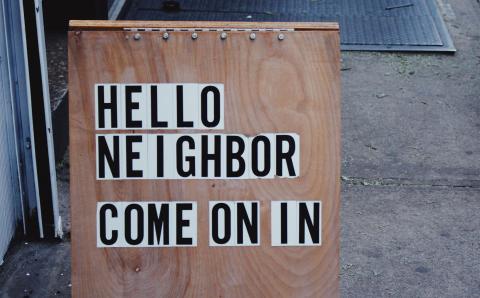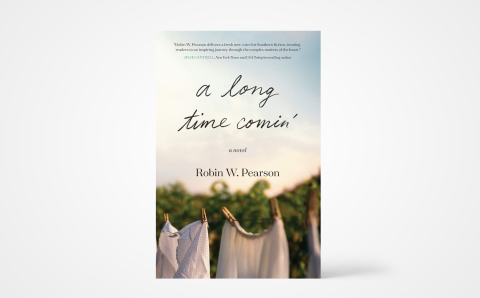Within 24 hours of Synod 2022’s declaration that its stance on homosexual sex is confessional, I started receiving emails from people lamenting this decision. I heard a lot of pain and angst in their words, some expressing their pain in anger. Friendships are fractured. Memberships are in jeopardy. Scripture says, “If one member (of the body) suffers, all suffer together with it” (1 Cor. 12:26a). Despite our disagreements, we are all still members of Christ’s body. We must give grace to each other, especially to those who feel they and/or their loved ones are being harmed by this decision.
Their fear of harm is not unfounded. Synod itself lamented, “We grieve the special pain experienced by members of the LGBTQ+ community through our lack of grace.” The human sexuality report admits, “It is a sad truth that the Christian community, including our Christian Reformed denomination, has failed in its calling to empathize with, love, and bear the burdens of persons who are attracted to the same sex, making it very difficult for them to live a life of holiness” (Agenda for Synod 2022, p. 407).
This has been ongoing for decades: “Despite repeated and strong exhortations of past study committee reports to love and care for brothers and sisters who are attracted to the same sex as equal members of the body of Christ, the church has all-too-often ostracized, shunned, or ignored such Jesus-followers” (Agenda for Synod 2022, p. 426). From the 1973 synodical report on homosexuality to the 2002 report on pastoral care for homosexual members to the 2016 majority report on pastoral guidance on same-sex marriage to the present human sexuality report, every one of these synodical reports have bemoaned the church’s failure to authentically love and care for our baptized LGBTQ children.
Therefore, it is fair to ask: after decades of pain and lack of grace, why should anything be different now?
It is too simplistic to frame this synod either as “Bible-believing Christians holding the line against those following cultural trends” or “self-righteous Pharisees imposing their will against loving Christ-followers.” The spiritual reality is more complex than these hurtful stereotypes. There were apologies and forgiveness.
However, I also did witness a spirit of censure and distrust in this synod. One delegate referenced a risk of “loveless orthodoxy,” a term from Jeffrey Weima’s book, The Sermons to the Seven Churches of Revelation.
Weima co-chaired the committee that produced the human sexuality report. In his book he describes the church of Ephesus in Revelation 2: “While its commitment to orthodoxy is a virtue for which the Ephesian church is praised by Christ, it was also apparently a vice of this congregation. What is true of people can also be true of churches: their greatest strength can paradoxically become their greatest weakness. The Ephesian church was so preoccupied with identifying wicked people, exposing false apostles, and rejecting the sinful practices of the Nicolaitans that a spirit of suspicion and mistrust permeated their fellowship, making it impossible for them to be the caring, compassionate community that they had been in the past. In short, they were a church of loveless orthodoxy” (pp. 40-41).
May we not become a church of loveless orthodoxy, lest Christ remove our lampstand (Rev. 2:5).
About the Author
Shiao Chong is the former editor-in-chief of The Banner. He served as editor from 2016 to 2025. He attends Fellowship Christian Reformed Church in Toronto, Ont.
Shiao Chong es el redactor jefe de The Banner. El asiste a Iglesia Comunidad Cristiana Reformada en Toronto, Ont.
시아오 총은 더 배너 (The Banner)의 편집장이다. 온타리오 주 토론토의 펠로우쉽 CRC에 출석한다.
You can follow him @shiaochong (Twitter) and @3dchristianity (Facebook).









